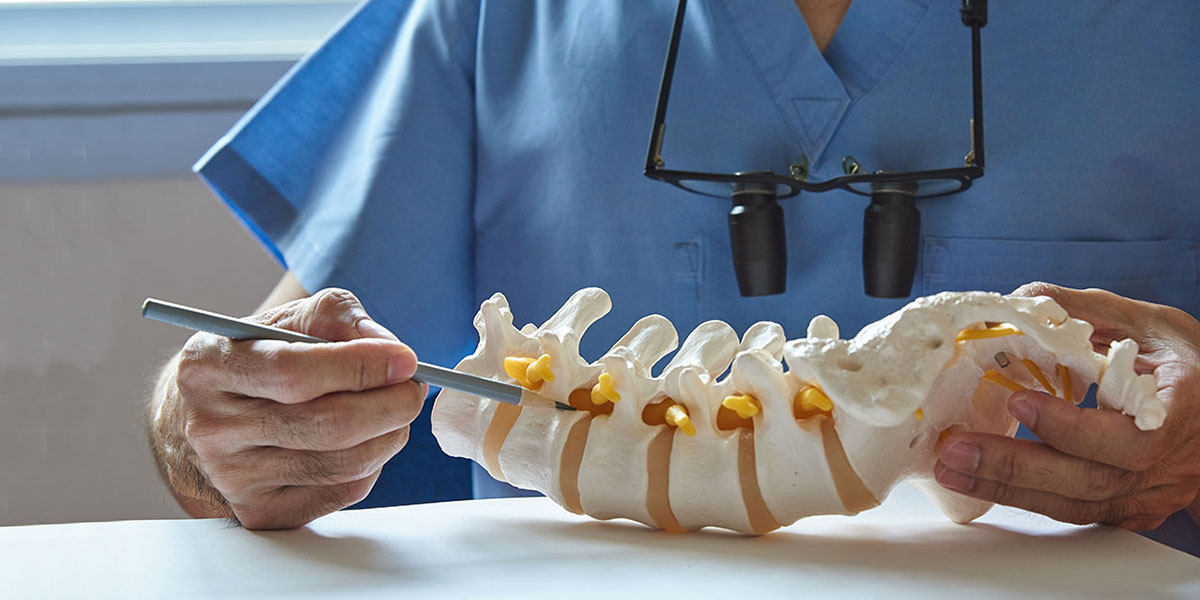
Synovial Cyst

A synovial cyst is a benign, fluid-filled sac that develops as a result of degeneration of the spine. The sac creates pressure inside the spinal canal, compressing the nerves and causing numbness, stiffness, weakness, and pain, especially when the patient is active. A synovial cyst is an uncommon cause of spinal stenosis in the lumbar part of the spine (lower back).
Because a synovial cyst develops from degeneration of the spine, it is most common in people over 65, and rarely seen in anyone under 45.
Symptoms
Synovial cysts rarely cause noticeable symptoms until they grow large enough to interfere with the spine. At that point, the cyst may start to cause symptoms of spinal stenosis, which include:
- Pain in the lower back
- Pain in one or both legs
- Radiating pain down the back of the leg and to the feet
- Painful cramping in the legs
- Numbness or tingling in one or both legs
- Pain and symptoms that increase when standing and eases when sitting
Treatment
Nonsurgical
Many patients with synovial cysts of the lumbar spine can control their symptoms through:
- Activity modifications
- General non-surgical treatments for pain relief
- Injections
- Physical therapy
Surgical
Surgery is recommended if there are signs that the spinal cord is compressed or there is significant risk that the spinal cord may become damaged. Surgery is necessary if neurological symptoms increase, such as difficulty with balance or walking.
The most reliable kind of spine surgery for synovial cysts is decompression surgery combined with spinal fusion, during which the cyst is removed then the joint is fused. Once the joint is fused, all motion is stopped in that particular area, so the cyst is unlikely to regenerate.









